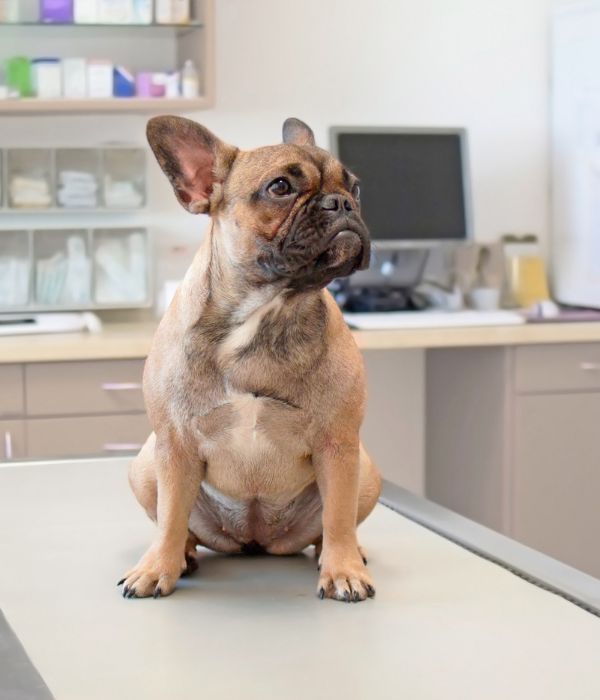Pet Emergency
Serious health problems, injuries, and illness require immediate care. When your pet urgently needs to see a veterinarian, Knox Pet Clinic offers quality emergency care with veterinarians on-call 7 days a week until 9:00 pm.
Pet Emergency Care at Knox Pet Clinic
If you are experiencing an after-hours emergency, please call 309-342-1759.
While we understand you might not be able to call in advance, if you can contact us before you arrive, it will help our staff be prepared to assist your pet. That way, they will get the necessary medical care that much faster.
Signs your pet may need emergency care:
Here are some signs that indicate your pet may need immediate veterinary attention:
- Pale Gums: Pale gums can be a sign of anemia, blood loss, or shock. This symptom can indicate a severe underlying condition requiring urgent care.
- Rapid Breathing: If your pet is breathing rapidly without any apparent reason such as exercise or heat exposure, it may be experiencing respiratory distress or heart problems.
- Weak or Rapid Pulse: A weak or rapid pulse can signal shock, cardiovascular issues, or severe dehydration. This symptom should not be ignored and warrants an immediate visit to the veterinarian.
- Change in Body Temperature: Sudden changes in your pet’s body temperature, whether too high (fever) or too low (hypothermia), can be indicative of serious health issues that need urgent evaluation.
- Difficulty Standing: If your pet is having trouble standing or walking, it may be due to pain, neurological problems, or musculoskeletal injuries. This symptom requires prompt veterinary attention.
- Apparent Paralysis: Paralysis or partial paralysis can occur from nerve damage, severe injury, or certain diseases. Immediate veterinary intervention is crucial to assess and treat the condition.
- Loss of Consciousness: Loss of consciousness is a clear emergency. It can result from various serious conditions such as severe trauma, poisoning, or systemic infections, and necessitates immediate veterinary care.
- Seizures: Seizures can be caused by a range of issues including epilepsy, toxins, or metabolic imbalances. If your pet experiences a seizure, seek veterinary care immediately.
- Excessive Bleeding: Excessive bleeding, whether internal or external, is a life-threatening emergency. This may occur due to trauma, surgery complications, or severe medical conditions. Quick action is needed to control the bleeding and address the underlying cause.
SAFETY TIPS
Pets who are severely ill or injured may try to bite, claw, or act in an aggressive manner toward those trying to help them. Approach any injured or sick pet slowly and calmly; say their name and see how the animal reacts. Call for help if the pet reacts aggressively.
For dogs, fashion a makeshift stretcher if the animal is unable to move. Make sure the neck is supported.
For cats, slowly place a blanket or towel over the head to prevent biting. Slowly lift the animal into an open-topped carrier or box.
Elevate and apply pressure to any bleeding wound.
If You Think Your Pet Has Eaten Something Poisonous
Call us, or if after hours, contact the ASPCA Animal Poison Control Center’s 24-hour hotline at (888) 426-4435. Trained toxicologists will consider the age and health of your pet and what was ingested, and then make a recommendation about what action should be taken.

